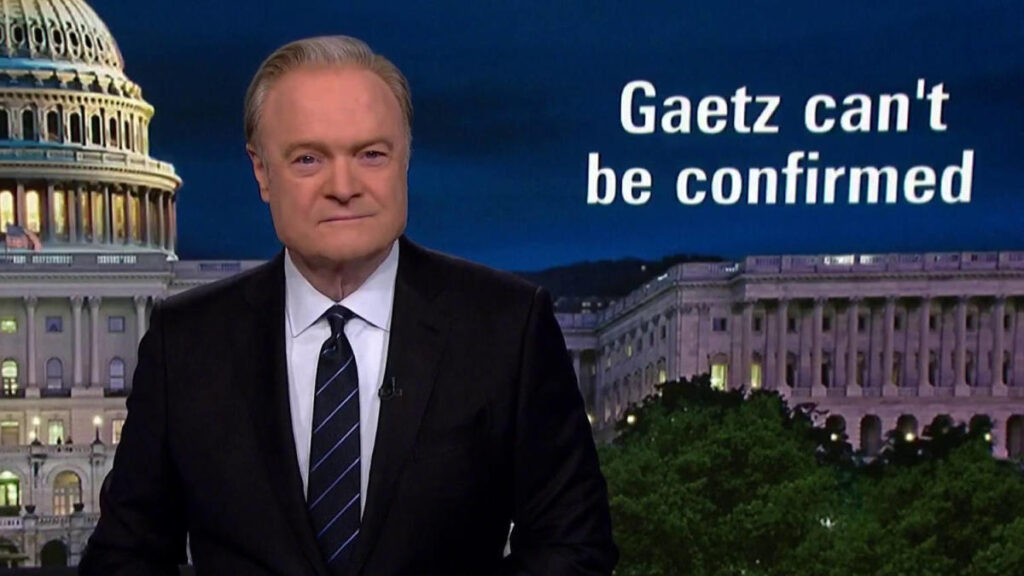In a recent segment of MSNBC, Lawrence O’Donnell examined the challenges faced by Elon Musk in his recent lobbying endeavors. Musk, the CEO of Tesla and SpaceX, has made significant attempts to sway key political figures in Washington, particularly with his backing of Republican candidates and initiatives. However, his efforts have not yielded the desired results. O’Donnell highlighted Musk’s public support for Senator Rick Scott as a prime example. Musk endorsed Scott’s bid for Majority Leader, yet the Republican Party ultimately elected Senator John Thune, demonstrating a disconnect between Musk’s influential brand and the political realities at play.
O’Donnell further analyzed Musk’s lobbying efforts when he expressed support for Howard Lutnick as Secretary of the Treasury. Lutnick, a prominent executive and philanthropist, was seen as a potential fit for the role, but former President Donald Trump opted to appoint Lutnick to lead the Commerce Department instead. This decision illustrated the unpredictability of political appointments and the complexities involved in lobbying efforts. O’Donnell pointed out that Musk’s backing seemed to carry little weight in this instance, raising questions about his influence and the effectiveness of his lobbying strategy.
The discussion also shifted to Musk’s recent endorsement of Matt Gaetz, the controversial Florida congressman. Gaetz’s alignment with Trump and his close ties to the former president seemed like a sound political partnership for Musk. However, reports from The New York Times indicated that Trump himself harbors doubts regarding Gaetz’s chances for confirmation in any significant political role, undermining Musk’s advocacy. O’Donnell emphasized the political landscape’s unpredictability, where even high-profile endorsements from influential figures like Musk do not guarantee success.
One of the underlying themes of O’Donnell’s commentary was the disconnect that can exist between celebrity influence and actual political power. Musk’s attempts to leverage his status and connections in Washington have not transformed into tangible political victories. The segment raised critical questions about the efficacy of celebrity lobbying in a complex political environment where established party dynamics and voter sentiments can outweigh financial clout or public endorsements.
O’Donnell also explored the broader implications of Musk’s lobbying failures on his public image and brand. While Musk has been celebrated as a visionary entrepreneur, his political forays may detract from the positive perception he has cultivated in the business world. The dissonance between his powerful corporate presence and the reality of his political lobbying outcomes suggests a need for reassessment of his approach to influencing political processes.
Overall, the analysis of Musk’s lobbying experiences serves as a cautionary tale about the interplay of celebrity, politics, and public perception. O’Donnell’s insights remind viewers that the realities of governance and influence are often more complicated than they appear. Despite Musk’s high-profile status, engaging effectively in political strategies requires navigating multi-faceted landscapes where influence is not merely an extension of personal brand power. Thus, while Musk may continue to seek political relevance, the results of his current endeavors illustrate the challenges that come with leveraging celebrity status in the political arena.

